Land, water, seeds and other natural resources are not only vital for the world’s small-scale food producers, they form part of our common heritage, are a matter of fundamental human rights concern, and are at the core of any vision for a sustainable and shared planet.
Hands on the Land flyer (pdf)
Yet, across the North and South, small-scale food producers, their families and communities see their access to and control over these resources threatened, limited and destroyed. Powerful actors, whose main concern is profit making, are increasingly capturing and concentrating control over natural resources, delivering the benefits of their use into ever fewer hands.
They do this in many ways and often in the name of ‘development’, ‘food security’, ‘environmental protection’, or the production of ‘clean energy’. Fundamentally, these actors reshape carefully negotiated and balanced systems for the governance of natural resources, generally away from small-scale, labour intensive uses like peasant farming, fishing and grazing for household consumption and local markets towards a capital intensive, resource depleting and extractive model based on industrial monocultures, large-scale hydropower and fungible ‘flex crops’ such as oil palm, corn, soya, and sugarcane to service metropolitan areas and foreign markets.
As a result, nature is more and more treated as a commodity with an increasing corporatised global food system eroding the very food producing systems, such as peasant farming, fishing, and pastoralism which feed the vast majority of the world’s population. This is a threat to the human right to food and nutrition and the food sovereignty of millions of communities.
For people’s control of food, land, seeds and water
In the context of food insecurity and climate change, the governance of natural resources requires addressing the core questions of who ought to have what rights to which resources, for what purposes and who ought to decide from a social justice-based rather than profit making-led perspective. It must thus be premised upon a human rights-based approach that recognises that the benefits derived from natural resources cannot be measured purely in economic terms but that values including human dignity, empowerment, and the fundamental civil, social, political, economic and cultural rights of small-scale producers and other vulnerable groups must be put first.
Food sovereignty provides a real solution to the current food, land and energy crises. It is a vision for true democratic control over natural resources by the very people whose livelihoods depend on them, and the protection of biodiversity and nature. It puts small-scale food producers at the heart of decentralized, autonomous, local and sustainable food systems. It is further based on ensuring the respect and protection of existing land access regimes and the promotion of democratic redistribution of land control.
Connecting struggles through a collective campaign
The campaign ‘Hands on the Land for Food Sovereignty’ is a pan-European education and awareness raising campaign which aims to connect struggles for food sovereignty across the global North and South. This requires putting the visions and aspirations of those at the frontline of struggles for food sovereignty, whether they be small-scale fishing communities, peasants, pastoralists, indigenous peoples, young and prospective farmers, as well as the most vulnerable and marginalised, at the heart of policies which affect them. In the European context, this requires challenging the role the EU plays where it falls short and championing EU policies where they succeed.
As such, our campaign pledges to engage EU development cooperation policy on:
- The pressing problems associated with the governance of the global food-land-climate nexus and their devastating impacts on the world’s poorest. This includes shedding light on policies and programmes that support a system treating food, land, water, seeds and nature as market commodities instead of providing real solutions.
- The best practices around sustainable land, water and energy use, together with examples of positive investments in agriculture and rural development, such as agroecology, which are the key to transitioning towards climate-resilient food systems.
- A policy coherence for development strategy that puts human rights at the core of all EU policy making, including in trade, energy and investment policy, in order to protect and support the resources we all depend on.
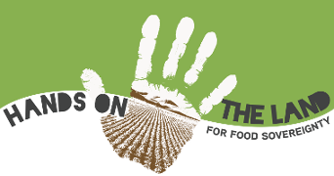
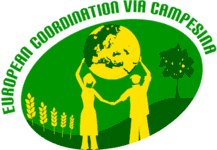


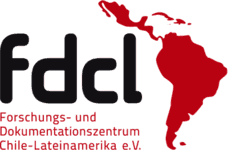
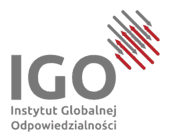
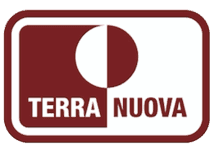
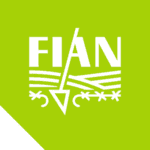
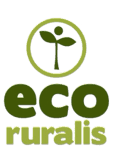



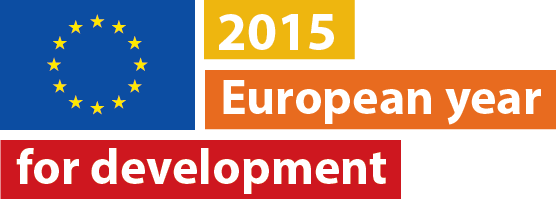
 This campaign is financially supported by the European Commission. The views expressed herein are not of the EC.
This campaign is financially supported by the European Commission. The views expressed herein are not of the EC.